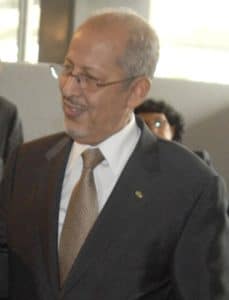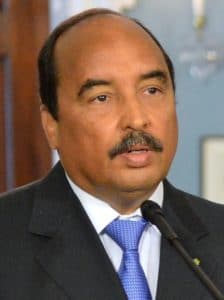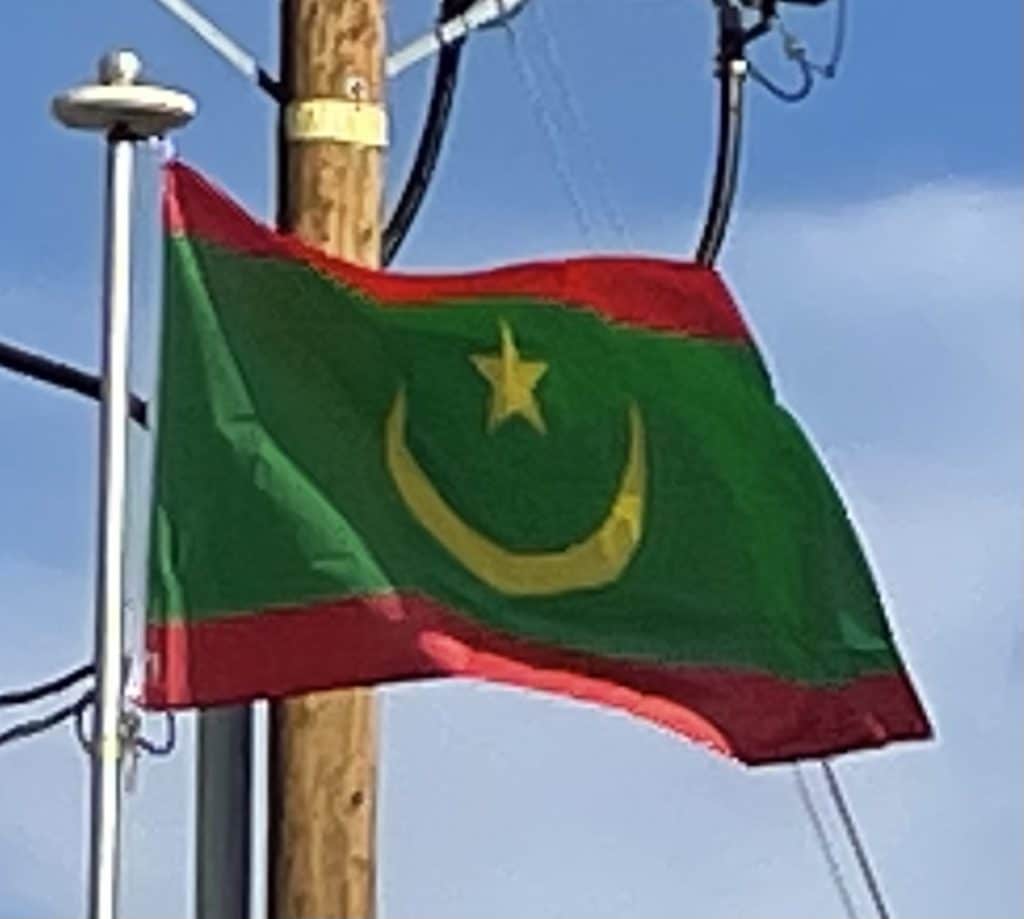Parliamentary and municipal elections in Mauritania took place on 19 November and 3 December 2006.
2007 Presidential Elections:
Mauritania’s first fully democratic presidential elections took place on 11 March 2007. The elections effected the final transfer from military to civilian rule following the military coup in 2005. This was the first time since Mauritania gained independence in 1960 that it elected a president in a multi-candidate election.

The elections were won in a second round of voting by Sidi Ould Cheikh Abdallahi, with Ahmed Ould Daddah a close second.
2008 Military Coup:
On 6 August 2008, the head of the presidential guards took over the president’s palace in Nouakchott, a day after 48 lawmakers from the ruling party resigned in protest of President Abdallahi’s policies. The army surrounded key government facilities, including the state television building, after the president fired senior officers, one of them the head of the presidential guards. The President, Prime Minister Yahya Ould Ahmed Waghef, and Mohamed Ould R’zeizim, Minister of Internal Affairs, were arrested.

The coup was coordinated by General Mohamed Ould Abdel Aziz, former chief of staff of the Mauritanian Army and head of the presidential guard, who had recently been fired. Mauritania’s presidential spokesman, Abdoulaye Mamadouba, said the President, Prime Minister, and Interior Minister had been arrested by renegade Senior Mauritanian army officers and were being held under house arrest at the presidential palace in the capital. In the apparently successful and bloodless coup, Abdallahi’s daughter, Amal Mint Cheikh Abdallahi, said: “The security agents of the BASEP (Presidential Security Battalion) came to our home and took away my father.” The coup plotters, all dismissed in a presidential decree shortly beforehand, included Abdel Aziz, General Muhammad Ould Al-Ghazwani, General Philippe Swikri, and Brigadier General (Aqid) Ahmad Ould Bakri.
After the Coup:
After the coup, Abdel Aziz insisted on holding new presidential elections to replace Abdallahi, but was forced to reschedule them due to internal and international opposition. During the spring of 2009, the junta negotiated an understanding with some opposition figures and international parties. As a result, Abdallahi formally resigned under protest, as it became clear that some opposition forces had defected from him and most international players, notably including France and Algeria, now aligned with Abdel Aziz. The United States continued to criticize the coup, but did not actively oppose the elections.
Abdallahi’s resignation allowed the election of Abdel Aziz as civilian president, on 18 July, by a 52% majority. Many of Abdallahi’s former supporters criticized this as a political ploy and refused to recognize the results. They argued that the election had been falsified due to junta control, and complained that the international community had let down the opposition. Despite complaints, the elections were almost unanimously accepted by Western, Arab and African countries, which lifted sanctions and resumed relations with Mauritania.
In February 2011, the waves of the Arab Spring spread to Mauritania, where thousands of people took to the streets of the capital.
Geography:
Mauritania is in the western region of the continent of Africa, and is generally flat, its 1,030,700 square kilometers forming vast, arid plains broken by occasional ridges and clifflike outcroppings.
